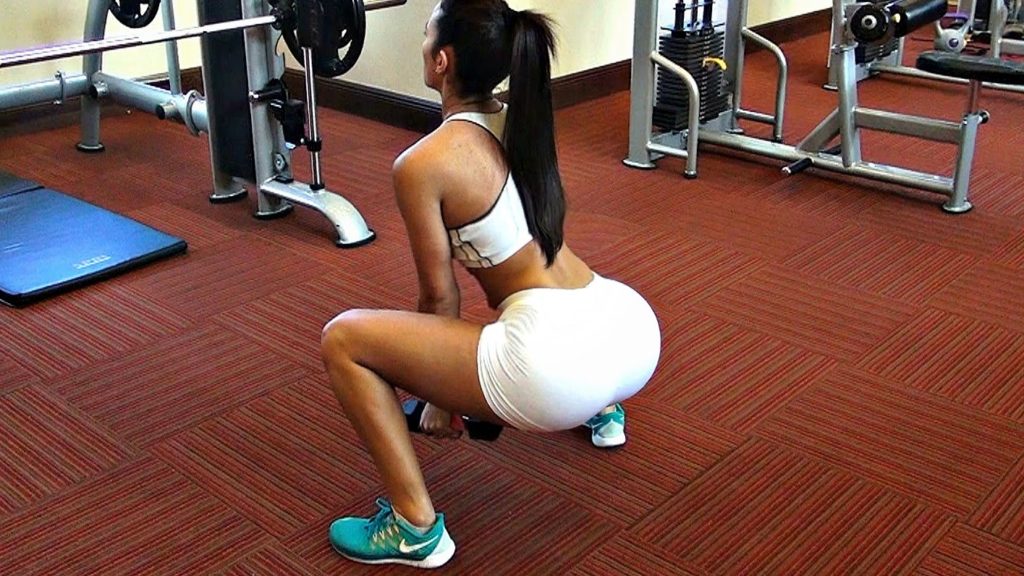The words “moderate” and “vigorous” describe the intensity of exercise. Whether an exercise or physical activity is moderate or vigorous depends on how hard you’re working to carry it out and how much energy you’re using.
To keep healthy or improve your health, follow the guidelines on how much physical activity you need to do each week, depending on your age.
Physical activity guidelines
It’s recommended that adults aged 19-64 should do at least 150 minutes (2 hours and 30 minutes) of moderate intensity aerobic activity, such as cycling or fast walking, every week.
Adults aged 65 and over should also do at least 150 minutes (2 hours and 30 minutes) of moderate intensity aerobic activity every week.
All adults should also do muscle strengthening exercises on two or more days a week.
See the links below for more information about physical activity guidelines, including examples of aerobic and muscle strengthening activities.
Physical activity guidelines for adults aged 19-64
Physical activity guidelines for adults aged 65 and over
The links below provide information and advice about physical activity for children.
How much exercise should my child do?
Physical activity guidelines for children and young people aged 5-18
Physical activity guidelines for children under five
How do I know if I’m exercising moderately or vigorously?
Moderate intensity aerobic exercise is where you’re working hard enough to raise your heart rate and break into a sweat. You’re working at a moderate intensity if you’re able to talk but unable to sing the words to a song.
Vigorous intensity aerobic exercise is where you’re breathing hard and fast and your heart rate has increased significantly. If you’re working at this level, you won’t be able to say more than a few words without pausing for a breath.
Physical activity and being overweight or obese
Overweight adults can improve their health by meeting the physical activity guidelines, even if they don’t lose weight. To lose weight, it’s likely that you’ll need to do more than 150 minutes of physical activity a week and make changes to your diet.
To find out if you’re overweight or obese, you can work out your body mass index (BMI) using the healthy weight calculator.
You should visit your GP for a health check-up before starting an exercise programme for the first time, or if you’re returning to exercise after a long period of time.
